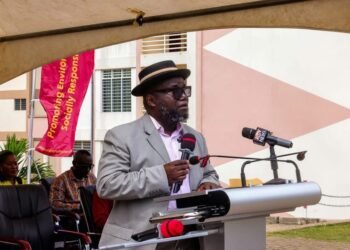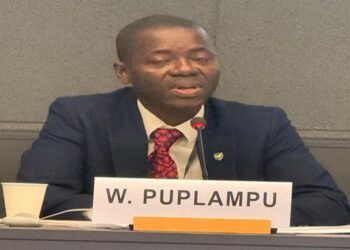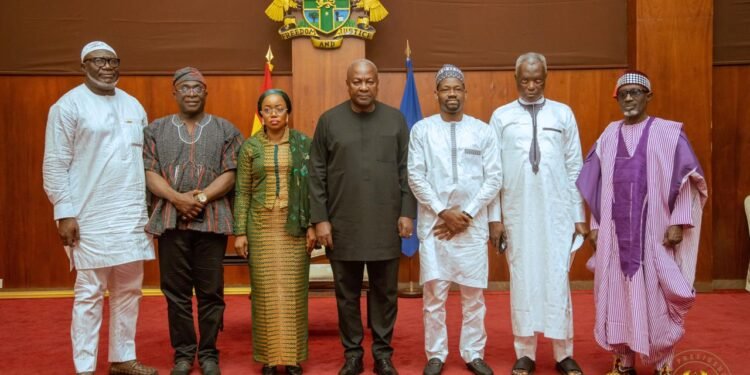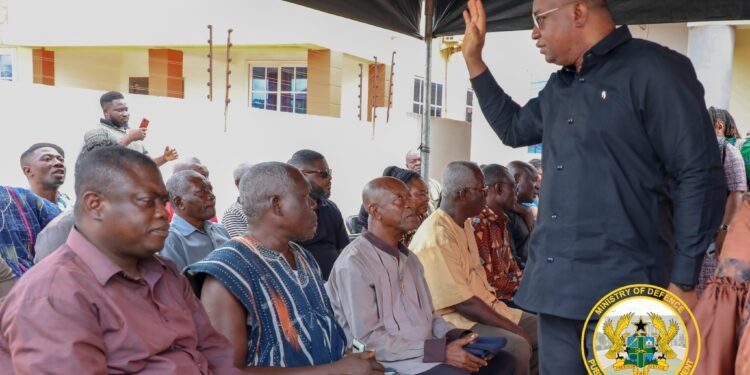The Electricity Company of Ghana (ECG) has embarked on a sweeping procurement reform, terminating 202 contracts deemed questionable and renegotiating terms with payments platform Hubtel in what management describes as a determined push to restore efficiency and ease financial strain.
Appearing before Parliament’s Energy Committee, acting Managing Director Ing. Julius Kpekpena revealed that some contracts had been flagged during an internal review for potential cancellation.
“We identified about 347 contracts that we thought we would cancel so that we reduce our negatives for ECG and for the government.
“The board approved 202 outright terminations, and the rest we are working on doing additional due diligence to ensure that we can get out of those that we can terminate; we will terminate them.”
Ing. Julius Kpekpena, Acting Managing Director of ECG
The acting MD emphasised that the move was not only about cutting losses but also about instilling financial discipline and accountability in the power distributor’s operations.
According to him, the exercise has received the backing of both the board and the Ministry of Energy, reflecting government’s support for systemic reforms at ECG.
Hubtel Commission Dispute
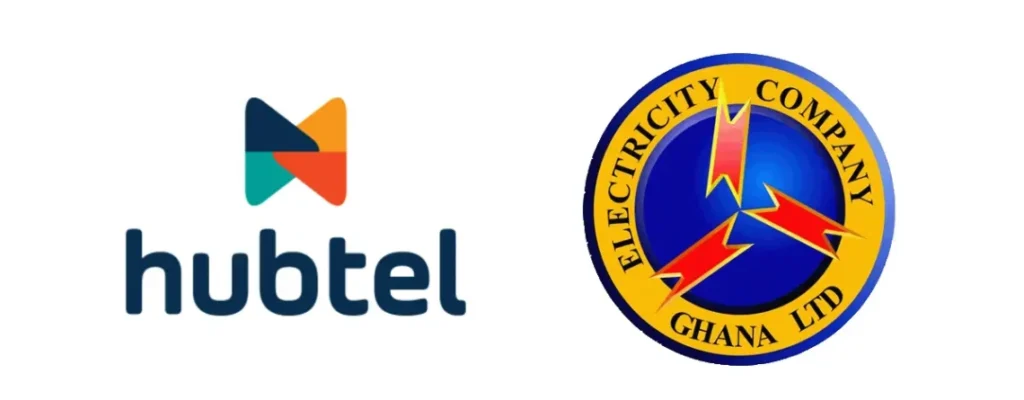
Beyond contract terminations, ECG has renegotiated its agreement with Hubtel, a payments platform widely used for electricity transactions.
The revision lowered commission charges from 3% to 1.65%, a change Kpekpena described as a cost-saving measure with long-term benefits for both the utility and its customers.
But the Hubtel arrangement has not been without controversy. Policy analyst Alfred Appiah has raised fresh questions about the company’s past commission structure.
“This doesn’t end the issue in any way. Hubtel categorically denied receiving a 3% commission on transactions, stating instead that the fee was 1.95% and that 1% is retained by upstream service providers.
“So, who was receiving the difference? Or was Hubtel actually taking 3% despite publicly denying it?”
Policy analyst Alfred Appiah

The comments highlight lingering doubts about transparency in ECG’s digital payment ecosystem and could prompt further parliamentary inquiry.
ECG’s aggressive contract clean-up and renegotiation efforts come at a time when the company is under mounting pressure to cut costs and shore up liquidity.
For years, the utility has been dogged by accusations of wasteful spending, procurement breaches, and inefficiencies that have compounded its financial difficulties.
In response, ECG management says it is adopting a multi-pronged strategy to rebuild confidence and improve operational stability.
Mr. Kpekpena told lawmakers that the company was committed to “reducing financial leakage, curbing inefficiencies, and ensuring that every contract ECG signs is in the best interest of both the company and Ghanaians.”
Reforming Procurement
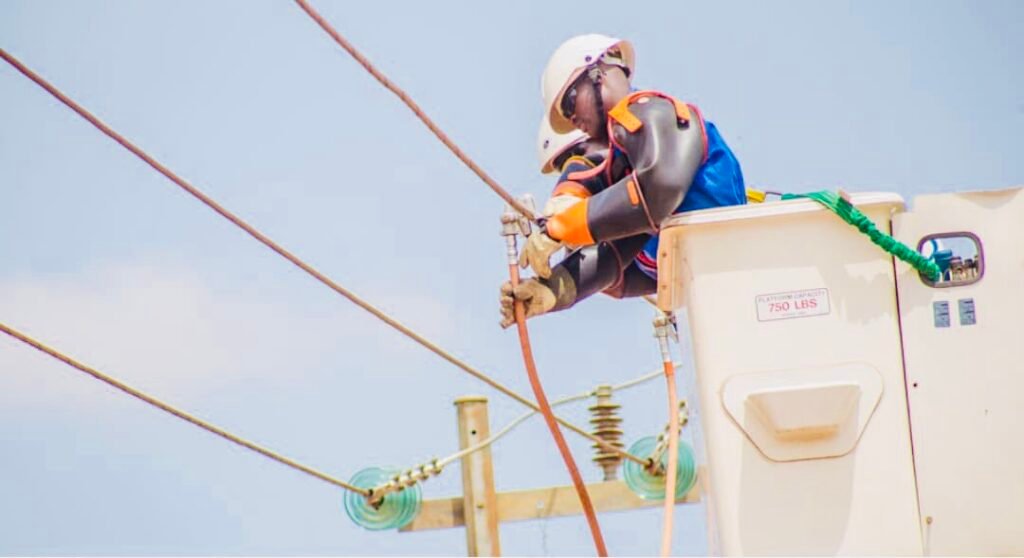
Procurement has long been identified as one of the utility’s weakest points. Past investigations revealed lapses, including contracts awarded to unlicensed firms and directors lacking procurement qualifications.
The company’s procurement reforms are also being closely monitored by Parliament and the Ministry of Energy, with both institutions calling for stricter compliance with procurement laws to prevent a recurrence of past lapses.
While the terminations and renegotiations are welcome developments, analysts warn that deeper structural reforms are needed if ECG is to achieve lasting stability.
The company continues to grapple with high distribution losses, erratic service delivery, and public dissatisfaction, issues that cannot be addressed by contract cancellations alone.
Nonetheless, the latest moves represent progress. For Kpekpena and his team, the focus remains on driving down operational costs while improving customer service.
For many Ghanaians, however, the bigger question remains whether these reforms will finally translate into more reliable electricity supply and a utility company that operates in the national interest.
READ ALSO: Market Cheers as Ghana’s Treasury Auction Breaks Four-Week Drought with 15.8% Oversubscription




